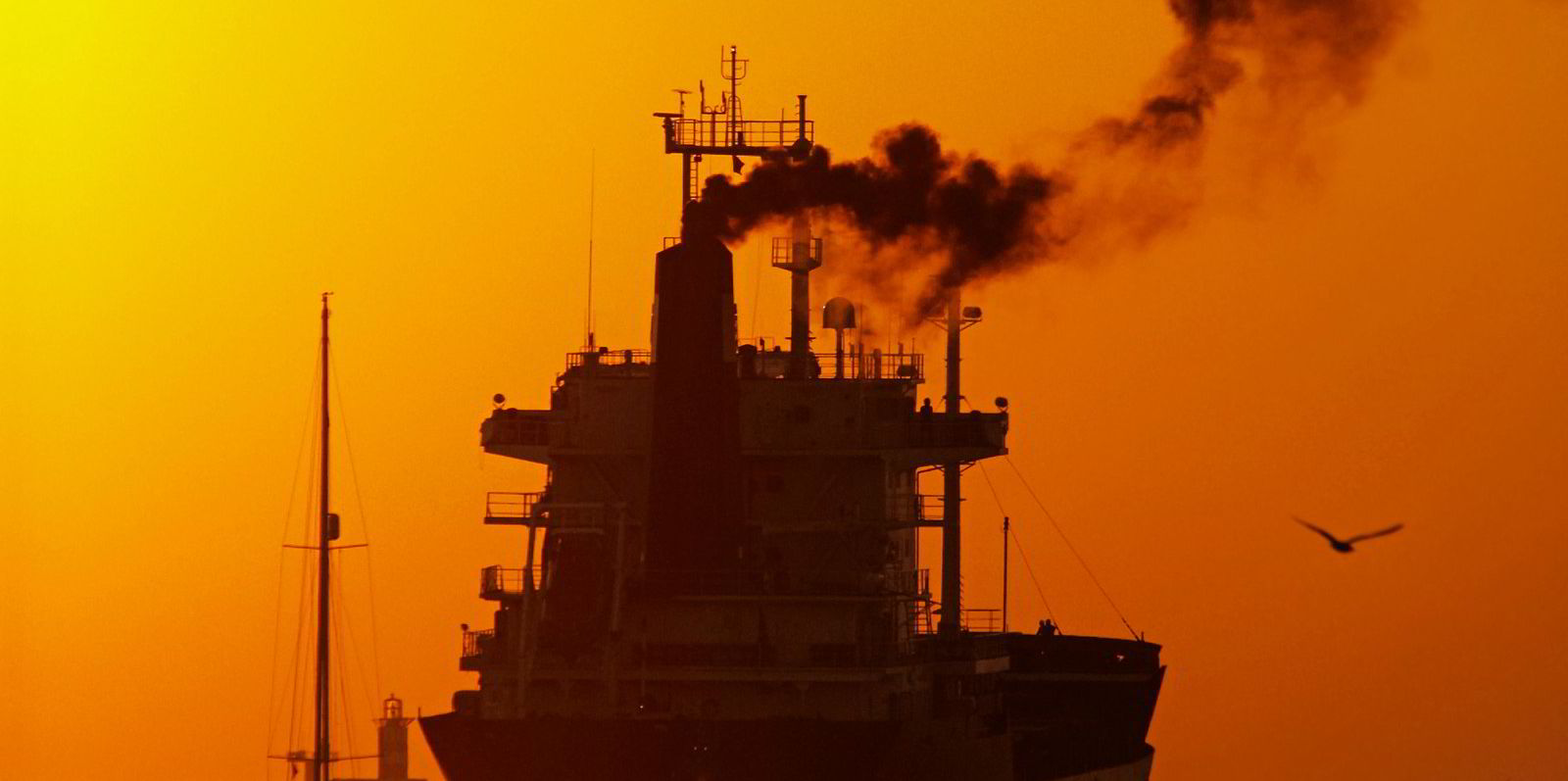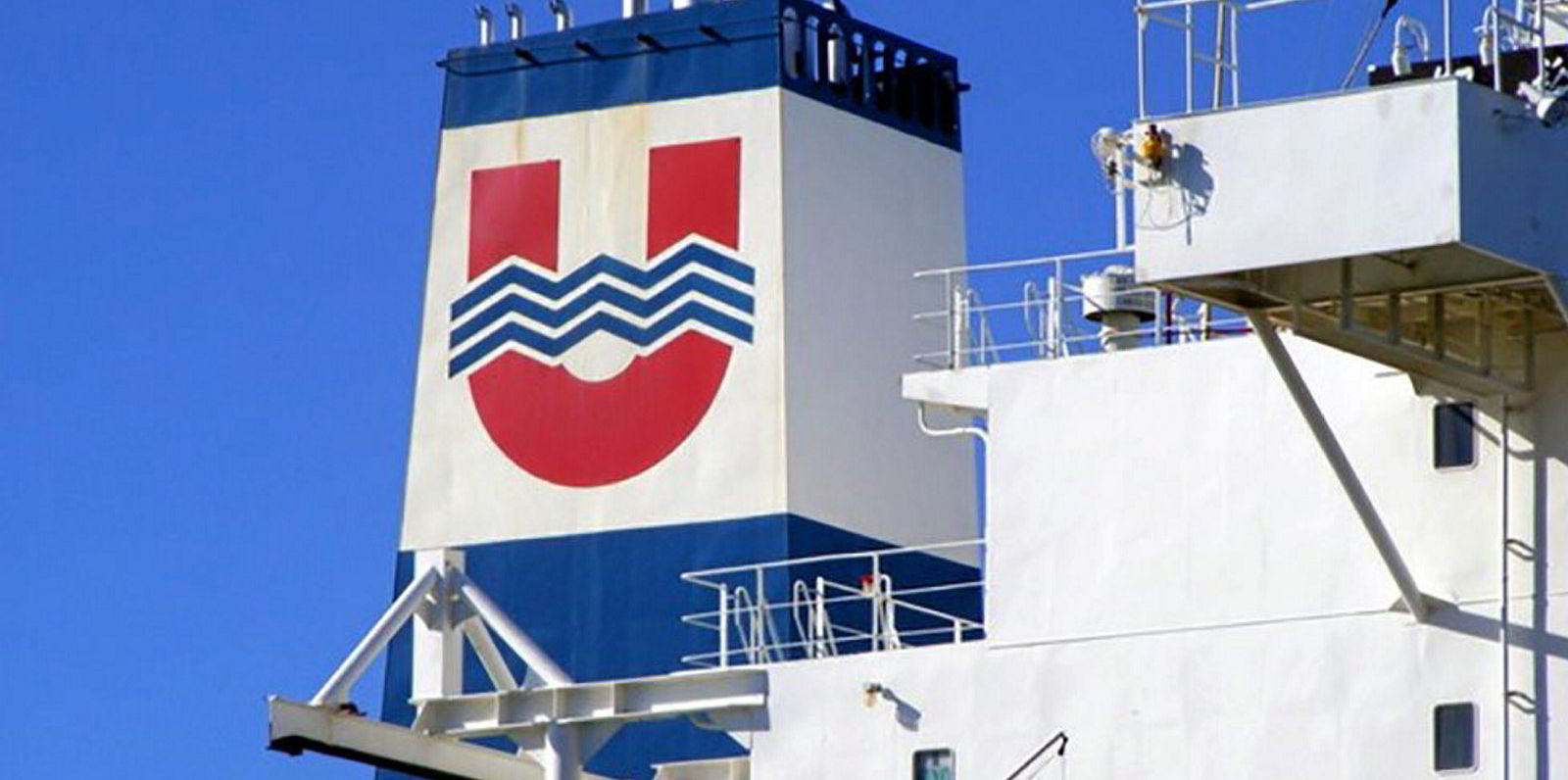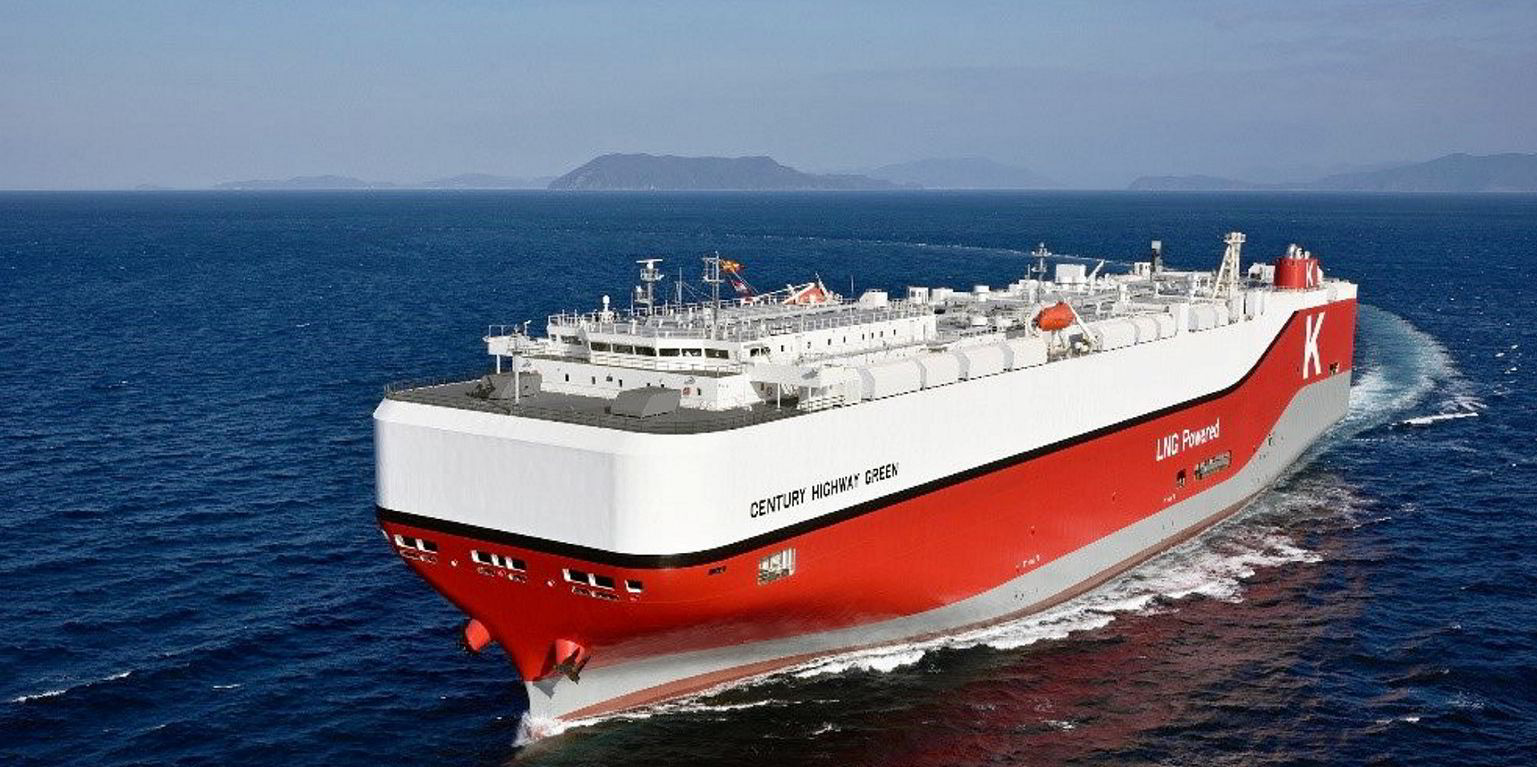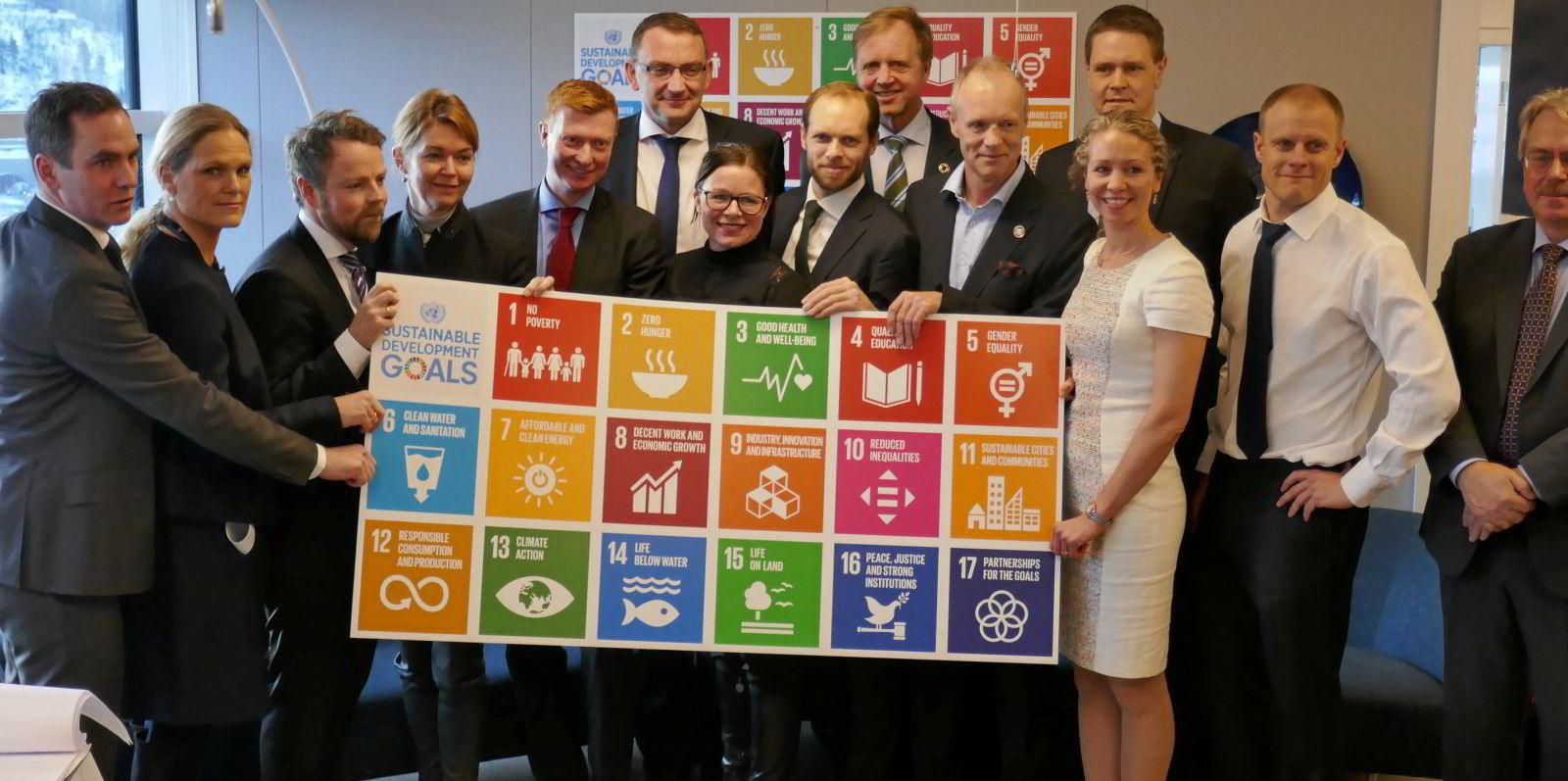Only two of the 200 companies to achieve an A rating from the global non-profit investors' organisation Carbon Disclosure Project (CDP) for 2021 are shipping groups.
Japanese owners and operators Kawasaki Kisen Kaisha (K Line) and Nippon Yusen Kaisha Line (NYK Line) made up the elite shipping duo, which comprised just 1% of the highest achievers in efforts to assess and improve their environmental actions.
But the lowest D to F grades, the latter usually meaning they did not respond to a request from CDP, went to more than 20 shipping companies — among them some illustrious names.
Both K Line and NYK were awarded the highest grade in 2020 as well and this year's success was a sixth consecutive A rating for the former — something only a handful of companies across all sectors have achieved.
This year, a record-breaking 13,000-plus companies representing over 64% of global market capitalisation disclosed through CDP — 35% more than last year, and over 141% more than when the Paris Agreement was signed in 2015.
The rise in corporate disclosures is a response to requests for information from 590 investors with over $110trn in assets, and over 200 major purchasing organisations with over $4trn in buying power, according to CDP.
B ratings for climate change were achieved by AP Moller-Maersk, Carnival Corp, Euronav, HMM, Hapag-Lloyd, Mitsui OSK Lines, Norwegian Cruise Line, Pan Ocean, Royal Caribbean Cruises and Swire Pacific.
Odfjell and Star Bulk Carriers were awarded B-, while DFDS, Norden, Wallenius Wilhelmsen, Wilson Sons Holdings and Yang Ming Marine Transport all got C grades — the level the shipping sector has averaged over the previous 21 years the CDP has operated its reporting platform.
D ratings went to MISC, Sinotrans and U-Ming Marine Transport and Cosco Shipping Energy Transportation got a D-.
But F levels were handed out to Tallink Grupp, BW LPG, Bonheur, Braemar Shipping, Brookfield Infrastructure Partners, China Cosco Shipping Holdings, China Merchants Energy Shipping, Clarksons, CSAV, Evergreen Marine Corp, Frontline, Kuehne + Nagel International, Log-in Logistica Intermodal, Matson, Orient Overseas International, Qatar Gas Transport, Stena, Stolt-Nielsen and Wan Hai Lines.
A ratings require companies "to have robust governance and oversight of climate issues, rigorous risk management processes, verified scope 1 and 2 emissions and be reducing emissions across their value chain", according to CDP. Most also have well-established emissions targets.

Grades between C and D-, mean companies are only just beginning to recognise their environmental impact, CDP added.
CDP said the number of companies on the total climate 'A List' has dropped from 280 in 2020 to this year's 200, reflecting a rising consensus on what qualifies as climate leadership.
"Much of the low hanging fruit at companies' disposal has now been utilised and more ambitious action is urgently required," the organisation said.
Dexter Galvin, global director of corporations and supply chains at CDP, said COP26 highlighted the necessary role corporates play in driving the real economy changes to tackle the climate and ecological emergency.
"It is fantastic that more businesses are disclosing their impact every year and recognising the interconnectedness of environmental issues.
"We now need to see even more ambitious action on climate, and more businesses stepping up on other areas of natural capital. 17,000 corporates failing to even take the first step and report their environmental data is far too many. These companies are not only putting the planet at risk, but themselves," he added.
CDP has set out a new strategy this year for 2021 to 2025, called Accelerating the Rate of Change, which it said recognises the urgent need to ensure companies have concrete plans to deliver on their stated commitments and provide evidence of progress against those goals.
The aim, it said, is to achieve net-zero emissions and full nature recovery by 2050.
CDP claims to have the world's largest environmental database that by 2025 will cover 90% of the highest-impact firms.
Over the next five years, CDP said it will further develop its systems and processes to support greater transparency and accountability from businesses.







